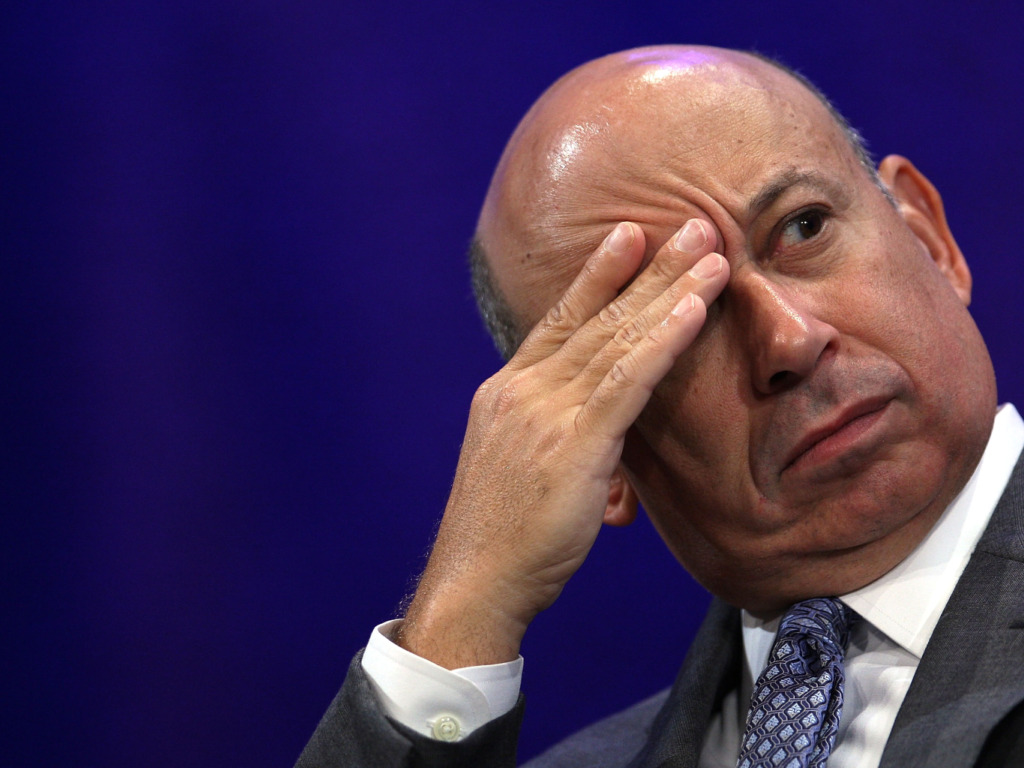We spend so much time online looking out for fellow travelers, people who encourage you to spend your money, invest it wisely, and take ownership, that we never dreamed there was an online subculture of financially irresponsible people and their enablers; people who pay nominal attention to increasing their net worth, and who think that intending to get out of debt trumps actually doing so.
We recently discovered Digging Out From Our Mess, a blog posted by the female half of a couple who have an autistic kid, a normal kid, four credit card balances, two student loans, and $71,930.29 in consumer debt. Is this cause for shame? Possibly, but not when you can brag about it!
The anonymous 30ish woman behind the blog qualifies that total, admitting that her and her husband’s cumulative debt load does not include a “retirement loan”. We’d never heard that term before, and you probably haven’t either: Google only returns 628 results. It turns out that a retirement loan is an advance on a 401(k). Yes, a woman in the prime of life is borrowing now to avoid incurring penalties on a forced retirement plan that the law prevents her from touching until she turns 59½. But if you’re going to borrow against your 401(k), why even have it in the first place? Borrowing against it defeats the purpose of “forced saving”. We’re guessing the author also carries life insurance, although she’s coy about any weekly lottery ticket budget she might have (every ticket a potential winner!)
We’ll resume attacking her in a second, but in the meantime know that if you attempt to touch your 401(k) before you turn 59½, for anything other than emergency medical expenses, you’ll pay a 10% penalty.*
Anyhow, Mystery Blogger is proud that she’s 6% of the way to getting out of debt. (There’s a graph that illustrates this on her website. DON’T VISIT IT.) This means she’s en route to getting out of debt in her early 50s. Excluding the retirement loan, of course, which she’ll have to start paying back shortly thereafter. She recently posted that she spent $1000 to send her kids to camp for the summer, and is upset that her mother, maybe mother-in-law, it’s hard to remember which, didn’t contribute.
$1000 is close to 1.4% of her family’s ostensible consumer debt total. She could have moved her debt arrow that much closer to the end of the graph. When you’re only at 6%, that $1000 makes a visible difference. Yet she chose to put her money in something fleeting instead.
Incur debt, cry about it, go public with your halfhearted attempts to reduce it, then do something that increases it, while hoping that someone else might subsidize it. In which universe does that make sense? (We’re finding out that it does make sense in the world of international finance, but that’s a different and more ominous story.)
Alright, we give you permission to visit Digging Out From Our Mess, but only to witness this exchange in which Mystery Blogger defends herself and her methods against a humble Control Your Cash sniper. Mystery Blogger is the financial equivalent of the fat woman who loses 3 pounds and is so proud of her accomplishment that she has to share it with everyone and act as an authority on the topic of weight loss, even though she needs to lose another 77. Congratulations, you went 10 minutes without a cigarette. Here’s your Medal of Honor.
Once again, and this will be far from the last time: the only way to build wealth is to buy assets and sell liabilities. It’s elegant, it’s symmetrical, it’s simple and it never fails. Your kid’s summer indulgence is a liability. You should sell (i.e., not buy) it. A 401(k) is an asset. You should buy (i.e., contribute to) it. A loan you borrow with your 401(k) as collateral is a grenade. You should throw it at the Viet Cong.
It’s at times like this that we wish Tim Berners-Lee had majored in women’s studies instead of giving people like this an outlet. Maybe the Chinese have the right idea about censoring the internet, because Digging Out From Our Mess is far more obscene than anything you’ll find on 2 Girls 1 Cup, LiveLeak or Lemon Party.
If you’re $78,000 in debt, log out of BlogSpot, back away from the keyboard and spend that time at a second job.
* If you don’t have a 401(k), and you qualify, get one. Yes, it’s something you can’t enjoy for years, but it lowers your tax obligation. It’s a way of giving the federal government a few ounces of flesh instead of the requisite pound. Plus, most employers offer matching contributions up to a certain level. If your company is willing to exploit its own tax situation by giving a few dollars to your retirement rather than a few more to Uncle Sam, let ‘em.
Note: We didn’t bash the autistic kid, we bashed the mother. Relax. If anything, she should hand the autistic kid the keys to the checkbook and the bank passwords. He couldn’t do much worse than her.




